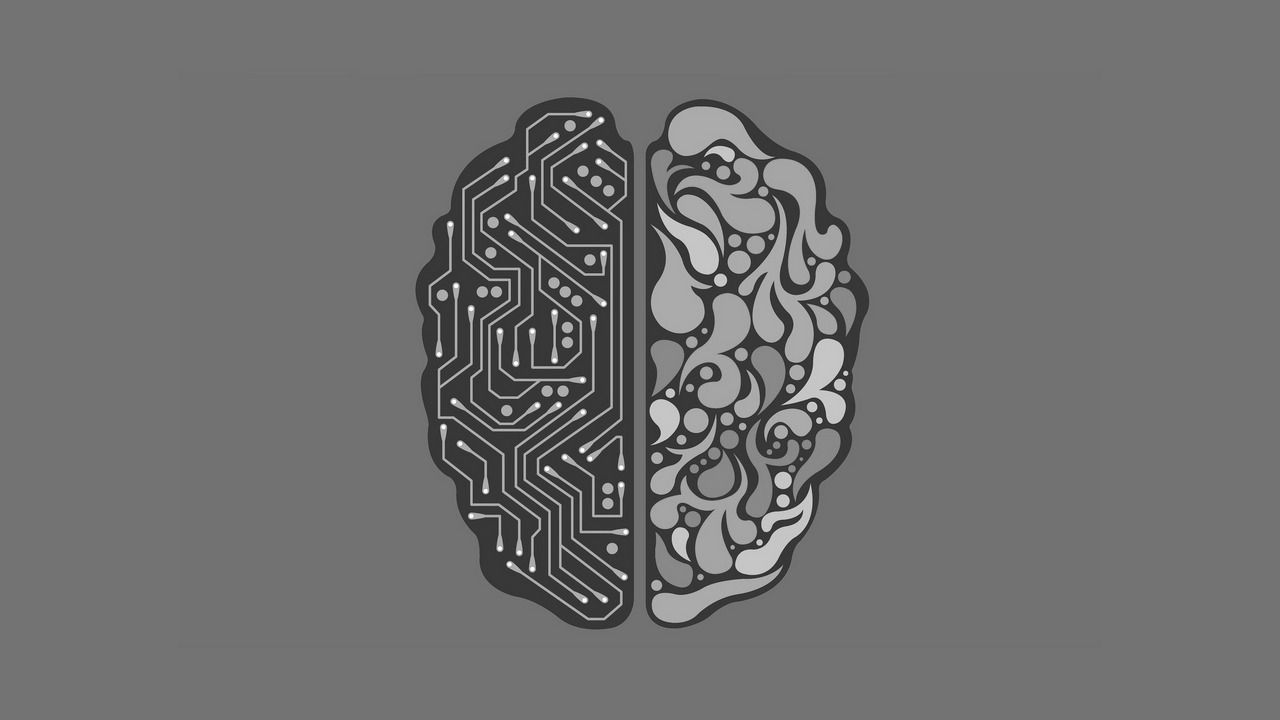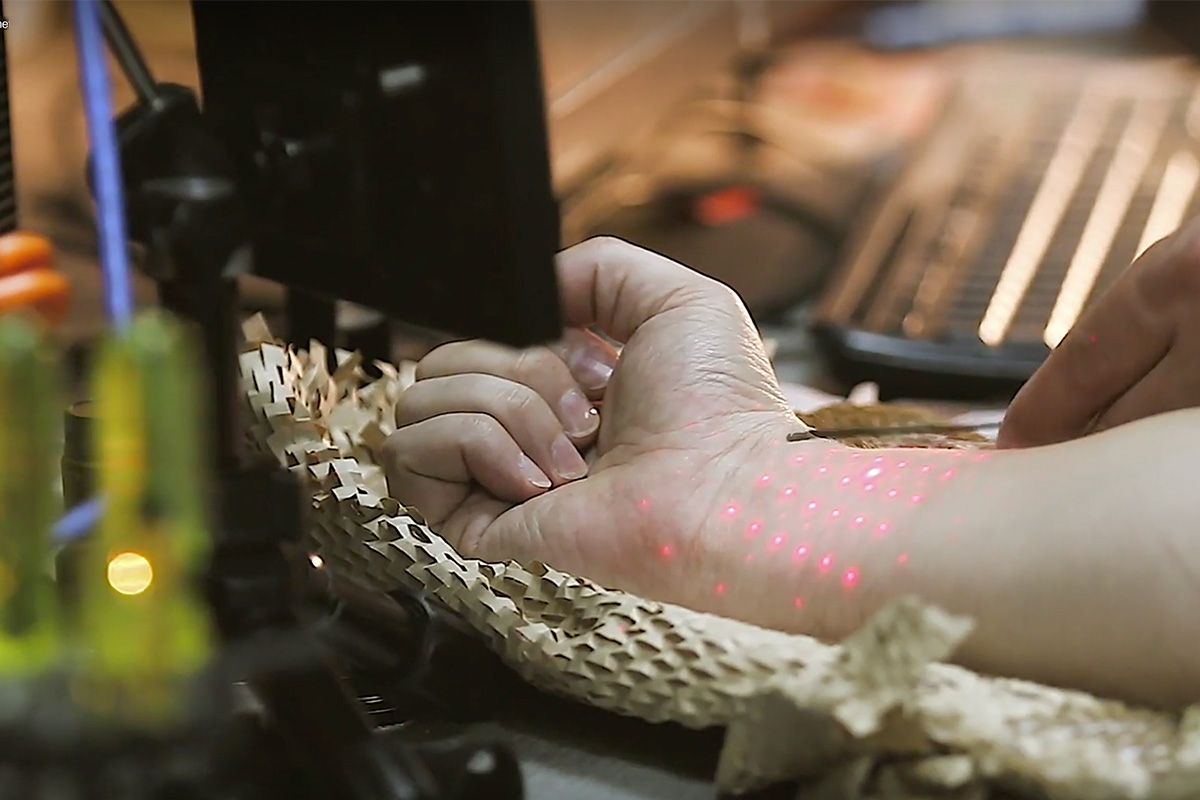Archive for the ‘privacy’ category: Page 18
Jun 8, 2018
Edward Snowden: ‘The people are still powerless, but now they’re aware’
Posted by Derick Lee in categories: encryption, privacy, security
Developers at major technology companies, outraged by the Snowden disclosures, started pushing back. Some, such as those at WhatsApp, which was bought by Facebook a year after the story broke, implemented their own encryption. Others, such as Yahoo’s Alex Stamos, quit rather than support further eavesdropping. (Stamos is now the head of security at Facebook.)
Five years after historic NSA leaks, whistleblower tells the Guardian he has no regrets.
Mon 4 Jun 2018 13.00 EDT Last modified on Tue 5 Jun 2018 04.46 EDT.
Continue reading “Edward Snowden: ‘The people are still powerless, but now they’re aware’” »
May 27, 2018
Scientists develop AI systems that can identify people
Posted by Genevieve Klien in categories: privacy, robotics/AI, security, transportation
The technology could be used at airport security instead of fingerprinting and eye-scanning. It can successfully verify an individual simply by analysing the footstep 3D and time-based data.
The AI system, developed by researchers at University of Manchester in the UK and University of Madrid in Spain, correctly identified an individual almost 100 percent of the time, with just a 0.7 error rate.
Physical biometrics, such as fingerprints, facial recognition and retinal scans, are currently more commonly used for security purposes. However, so-called behavioural biometrics, such as gait recognition, also capture unique signatures delivered by a person’s natural behavioural and movement patterns.
Continue reading “Scientists develop AI systems that can identify people” »
May 27, 2018
Whether You Like It or Not, Facial Recognition is Here to Stay
Posted by B.J. Murphy in categories: privacy, robotics/AI

Unless you’ve been living under a rock this past year, you’ve likely come across at least one news story talking about facial recognition technology. As a form of biometrics, facial recognition promises to enhance society’s experience with industry as a whole, from retail to travel. At the same time, there have also been fears of mismanagement at the expense of peoples’ privacy.
While the debate over “right to privacy” continues raging on, post-privacy technology is pushing forward at an international scale with no end in sight.
Continue reading “Whether You Like It or Not, Facial Recognition is Here to Stay” »
May 16, 2018
Laser can detect your heartbeat and breathing from a metre away
Posted by Genevieve Klien in categories: biotech/medical, privacy
By Julianna Photopoulos
A laser device can monitor vital signs such as your heartbeat, breathing rate, and muscle activity from up to a metre away. The device is intended for hospital patients or those with chronic diseases who need close monitoring at home. What’s more, it works through your clothes.
“No wires — everything is non-contact — continuously measuring different biomedical parameters with a single sensor,” says Zeev Zalevsky who developed the SmartHealth Mod with his team at ContinUse Biometrics, based …
Continue reading “Laser can detect your heartbeat and breathing from a metre away” »
Apr 21, 2018
Amazon’s Running a Big Sale On 23andMe’s New and Improved DNA Testing Kits
Posted by Genevieve Klien in categories: biotech/medical, genetics, privacy
If you aren’t freaked out by privacy concerns of DNA testing kits (basically, they may sell anonymized genetic data, but not personally identifiable data), the tests are getting better, and 23andMe’s are on sale today.
Apr 16, 2018
Team develops face recognition technology that works in the dark
Posted by Genevieve Klien in categories: military, privacy, robotics/AI, surveillance
Army researchers have developed an artificial intelligence and machine learning technique that produces a visible face image from a thermal image of a person’s face captured in low-light or nighttime conditions. This development could lead to enhanced real-time biometrics and post-mission forensic analysis for covert nighttime operations.
Thermal cameras like FLIR, or Forward Looking Infrared, sensors are actively deployed on aerial and ground vehicles, in watch towers and at check points for surveillance purposes. More recently, thermal cameras are becoming available for use as body-worn cameras. The ability to perform automatic face recognition at nighttime using such thermal cameras is beneficial for informing a Soldier that an individual is someone of interest, like someone who may be on a watch list.
The motivations for this technology—developed by Drs. Benjamin S. Riggan, Nathaniel J. Short and Shuowen “Sean” Hu, from the U.S. Army Research Laboratory—are to enhance both automatic and human-matching capabilities.
Apr 13, 2018
12 Futuristic Technologies That Could Become Reality in 2018
Posted by Genevieve Klien in categories: business, privacy, robotics/AI, transportation
In the last year, the business and consumer markets alike have seen the release of advanced technologies that were once considered the stuff of science fiction. Smart gadgets that control every facet of your home, self-driving vehicles, facial and biometric identification systems and more have begun to emerge, giving us a glimpse of the high-tech reality we’re moving towards.
To find out which futuristic technologies are on the horizon, we asked a panel of YEC members the following question:
Mar 30, 2018
All visa applicants will have to disclose social media accounts after new proposal
Posted by Bill Kemp in category: privacy
Unveiled in the Federal Register today, new visa forms would require any Facebook and Twitter screennames used in the last five years.
Mar 9, 2018
Biometric Data And The Rise Of Digital Dictatorship
Posted by John Gallagher in categories: futurism, privacy
Is humanity doomed? Are we one of the last generations of homo sapiens — soon to be supplanted by engineered cyberbeings, with a distant semblance to their creators (us)?
On Jan. 24, historian and international best-selling author Yuval Noah Harari presented his view of the future at the World Economic Forum in Davos, Switzerland. Harari wrote Sapiens: A Brief History of Humankind and also Homo Deus: A Brief History of Tomorrow.
In a riveting 25-minute presentation, Harari painted a very gloomy — but possible — view of the future, based on his thesis that we are now in our third grand revolution: the control of data, following the control of land (Agrarian Revolution) and the control of machinery (Industrial Revolution). The point of no return, Harari contends, will happen when technology will be able to extract high-precision biometric data from people and report back to a centralized decision-making control system, owned by governments or by corporations — or both. By biometric, he means your pulse, pressure, sweat composition, dilation of your pupils, etc.: kind of a lie-detector on steroids.
Continue reading “Biometric Data And The Rise Of Digital Dictatorship” »

















